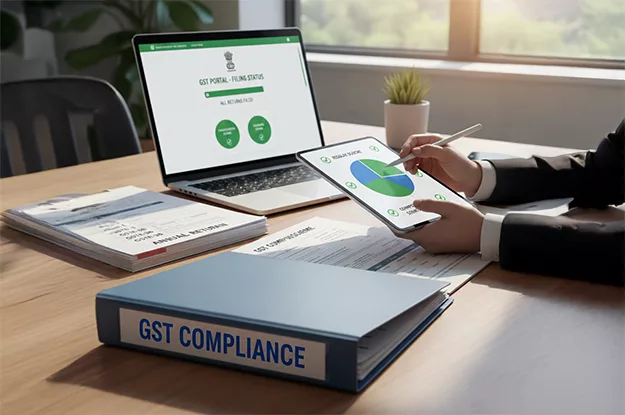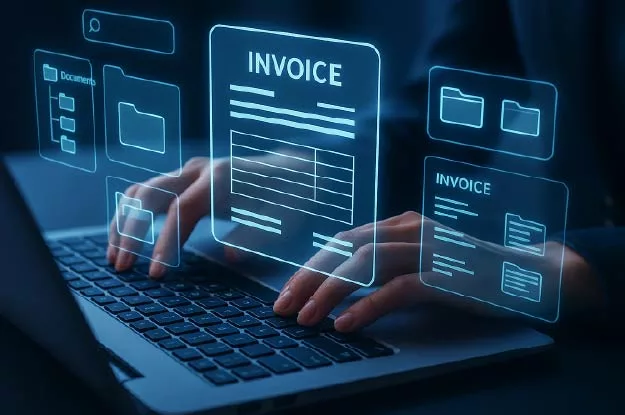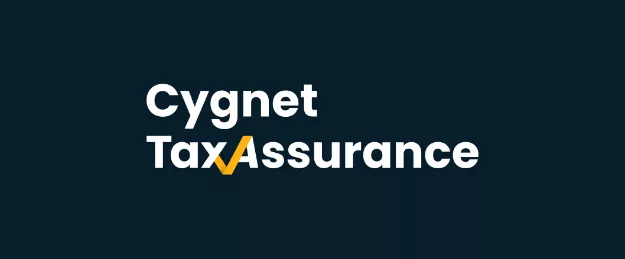Credit Managers and risk analysts at banks and other financial institutions often face the challenge of finding and evaluating the creditworthiness of a particular entity. Digitization has already impacted many key functions of businesses and is notably contributing to the field of credit decisions and evaluation.
The Need for Considering Multiple Data Sources
In the current economy where the risk of Non-Performing Assets (NPAs) is growing exponentially, technology and automation has paved way through digital transformation by standardizing business practices and creating transparent digital records. Any typical loan or finance applicant has multiple sources of data available – right from bank statements to GST and Income Tax Return filings etc. This brings up a challenge for credit managers and risk analysts with respect to reading data from multiple sources, analysing, verifying, and matching the data points across all available sources. In simple terms, it becomes essential for them to calculate precise future cash outflow as compared to the cash inflows of the business to determine the potential repayment capacity of the borrower. It becomes vital to evaluate multiple data sources in such cases to derive reliable conclusions about the creditworthiness of an applicant .
Using Goods & Services Tax (GST) Data for Credit Decisions
GST has rapidly evolved to grow into a rich data source for lenders and financial institutions for assessing an applicant’s business history, turnover, sales, purchases and other relevant transactions. GST Compliance Score or GRC Score is a rating calculated on basis of an organisation’s compliance i.e., on basis of return filing trends of a company. Leveraging GST data like GST Compliance Score, filing history etc in making credit decisions digitally enables banks to provide instant and quicker approvals than the traditional paper and document verification methods.
Benefits of using GST data:
- Easy loans and trade financing for small businesses (MSME / SME)
- Instant loan approvals, usually in real time
- Access to authentic source data filed in GST Returns
- GRC acts as a compliance indicator which can provide early signals towards potential NPAs
- Facilitates loan monitoring in all stages of loan lifecycle. For instance, a lesser GRC due to non-filing of GSTR-3B could indicate a possible cash deficit.
- Digital integration reduces operational hours and costs
Challenges of using GST data:
- Data Security and Misuse
- Does not eliminate the need to verify other data sources
Using Bank Statement Analysis (BSA) for Credit Decisions
A bank statement analysis is not merely an assessment of the cash flows of an enterprise but also involve evaluation of solvency of an applicant by determining the level of risks they subject themselves to with respect to the amounts and frequency of bank transactions. Bank statements are one of the most trusted sources for giving visibility of all transactions undertaken by the applicant – all income and expenses, EMI details, dishonoured cheques and other suspicious transaction details. It provides a bird’s eye view of the business’s cash flows and financial state by providing an estimate of the time required to recover the capital invested. Clients with higher risks or unstable businesses are less preferable as they have a high likelihood of defaulting on their loan obligations. This creates a need for BSA Tools which can help automate the process and generate reports that evaluate the financial position of a borrower.
Benefits of using BSA:
- Credit Security in terms of Collaterals
- BSA can unravel complex transactions into an accurate report of credit standing
- BSA Tools can be integrated into the LMS systems
- BSA tools can act as fraud check triggers
- Convenient to evaluate recoverability based on trend analysis
- Lesser manual intervention & speedy output
Using Income Tax Return (ITR), Financial Statements & Tax Audit Data for Credit Decisions
It is a standard practice for lenders to ask for the latest Income Tax Return (ITR) but at times, previous year ITRs may also be required for a better understanding of the business. The computation of income along with the financial statements provide a quick snapshot on the business’s financial position as well as profitability. The balance sheet gives an overview of how the capital and debt are invested to create a valuable business and the comparatives of previous years are indicators of growth and future viability. Some performance indicators such as profitability ratios, liquidity ratios and solvency ratios can be used to compare and determine the financial standing of the business. These documents usually require certification or in case where tax audit has already been done, referring the tax audit report would be beneficial too for determining the genuineness of transactions.
Benefits of using ITR & Financial Statements:
- A standard format to evaluate and understand the financial position of a business
- Performance indicators like profitability, liquidity and solvency ratios can establish a trend in the business practices
- A comparison of past ITRs or financial statements can help identify any major changes a business is going through.
Challenges of using ITR & Financial Statements:
- Chances of window dressing and falsification
- Income Tax is paid on self-assessment basis, hence could either be subject to tax evasion or errors in calculation and may not represent a true picture.
Using Business Intelligence (BI) Report for Credit Decisions
To enhance real time credit assessment through various GST data sets, Business Intelligence (BI) reports with enhanced details like geographical sales distribution – inter-state / intra-state / exports, rate wise bifurcation of inward & outward supplies, tracking of round tripping transactions, trends, HSN-wise sales summary etc. can be generated which helps with credit analysis.
Why is it Preferable to use Integrated Data from Multiple Sources while making Credit Decisions?
In order to make sound credit decisions and analyse risks, it is advisable to rely on multiple data sources rather than just few. Integration of data from multiple sources is preferable while making credit decisions as it can be reconciled and variances can be flagged.
For instance, when GST data is assessed along with financial statements and bank records, it is possible for the cash flow analysis to reconcile income and expenses from GST filings with the credits and debits in bank and books of accounts. It also highlights suspicious activities and round tripping transactions or supplies made to branches or head offices (HO) to inflate the GST turnover. This enables a lender to mitigate frauds, reduce the risk of NPAs and make informed credit decisions.
Thus, it becomes extremely critical to integrate Artificial Intelligence (AI) and Machine Learning (ML) into the credit management and loan management systems to bring down the cost of processing and monitor control over NPAs by reducing the possibility of default though proper credit assessment. The software and tools should analyse creditworthiness based on multiple reports, ratios and financial analysis based on the financial statements, GST data, bank statements, income tax returns (ITRs), company profile on MCA portal and other relevant financial data. With the help of such reports, financial institutions can generate deeper insights into the company’s business by figuring out the top customers, suppliers, revenue and expenditure trends and other transactions that affect a company’s credit assessment decisions.
Considering the current dynamic market scenario, it becomes extremely necessary for financial institutions to opt for real-time data based credit analysis by leveraging GST and ITR filing data along with Bank Statement Analysis, Business Intelligence Reports and other financial data rather than following the traditional time-consuming and lengthy manual approach of credit evaluation. Faster processing of loans, innovative decision-making and customised loan options with a real-time approval can help banks, NBFCs and other lenders tap into newer markets and reduce their risks by adopting a multi-dimensional approach.































